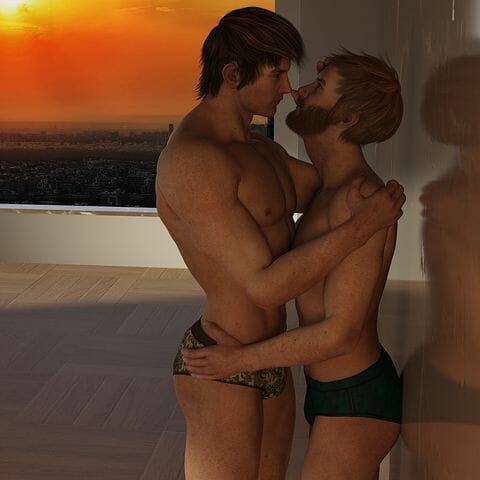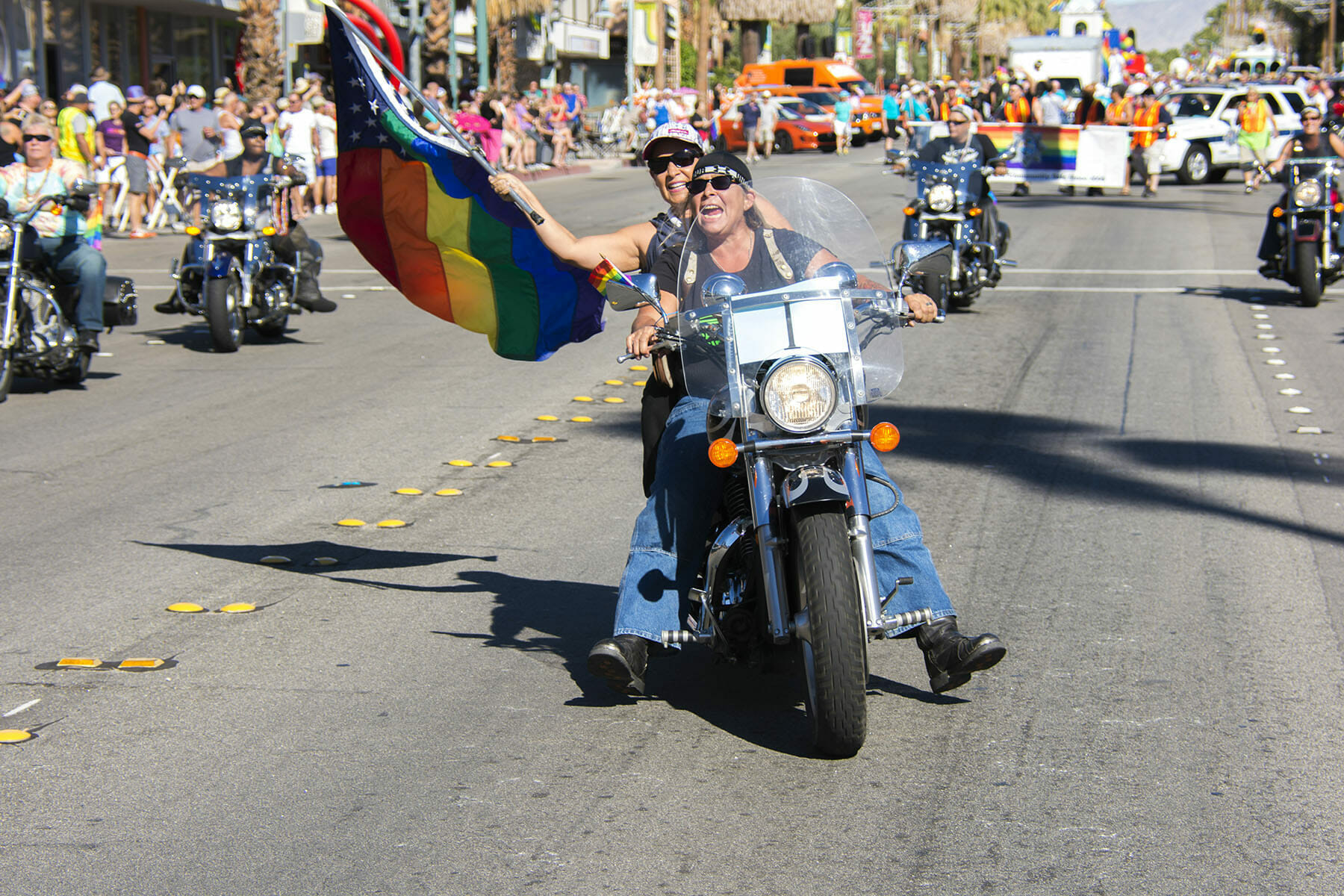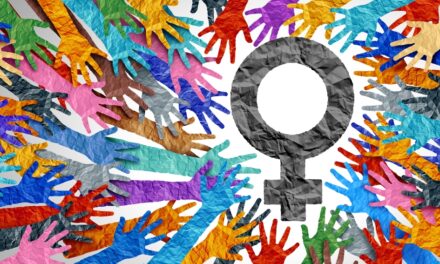Timing is everything.
As Palm Springs sets the stage for thousands of people to participate in Gay Pride Weekend on Nov. 3-5, the city is sending an undeniable message that it embraces equality and diversity and will not tolerate discrimination.
Palm Springs, prides itself on being one of the most welcoming and inclusive communities in the country and is led by an openly gay mayor, is sending that message in a bold way.
The city on Monday joined more than 150 mayors, cities and local jurisdictions to send a clear message to the Supreme Court that businesses open to the public must serve all. Individual mayors, as well as cities and counties joined the U.S. Conference of Mayors — the non-partisan organization of the 1,408 cities in America which contain populations of 30,000 or more — in an amicus brief to the Supreme Court brief in the Masterpiece Cakeshop vs.Colorado Civil Rights Commission case. The 102 individual local governments represented on the brief collectively represent more than 50 million constituents.

“Palm Springs is once again leading the way in advocating for and protecting LGBTQ individuals and members of other communities subjected to discrimination whether they be residents or visitors,” said Palm Springs City Councilmember Geoff Kors, who requested that the City Council sign on to the brief. “Any business that is open to the public must be open to all of the public, not just some of the public. Palm Springs is proud to send a message to the Supreme Court that no one should be discriminated against simply because of who they are or who they love.”
Kors’ prepared comments were included in a news release the city issued.
The brief argues that nondiscrimination laws are fundamental tools for strengthening communities and protecting citizens, and highlights the dangers of the exemptions being sought in this case. The brief can be viewed here: https://www.freedomforallamericans.org/mayorsandjurisdictionsbrief/
At the heart of the Masterpiece case is the question of whether nondiscrimination laws can continue to be enforced without sweeping and dangerous exemptions. The case involves a Colorado bakery that refused to sell a cake to a same-sex couple celebrating their civil marriage. This action was in direct violation of Colorado’s nondiscrimination law, and both the Colorado Civil Rights Commission and the state appellate court ruled in favor of the couple, according to Angela Dallara, director of external communications for Freedom for All Americans, a bipartisan campaign to secure full nondiscrimination protections for LGBT people nationwide.
The case arises from a finding from the Commission, which was affirmed by the Colorado Court of Appeals, that a bakery in Lakewood, Colo., violated Colorado’s anti-discrimination law when it categorically refused to sell a wedding cake to a same-sex couple. The bakery contends that it should be exempt from enforcement of the law based on religion and free speech grounds, based on its owner’s asserted religious opposition to same-sex marriage.
In the brief, written by the Santa Clara County Counsel’s Office, the New York City Law Department, and the Los Angeles City Attorney’s Office, municipal leaders argue that nondiscrimination policies – like the one in Colorado – are good for cities: “As local governments and elected officials, Amici have a critically important interest in ensuring that all people within our jurisdictions are treated fairly and equally under the law, have an equal opportunity to earn a living and access services, and can participate fully in society and public life. The enforcement of nondiscrimination laws, such as the Colorado Anti-Discrimination Act at issue here, is crucial to achieving this goal.”

(Photo courtesy of Greater Palm Springs Pride)
In fact, as of this year, more than 200 cities across the U.S. have laws in place that prohibit discrimination based on sexual orientation or gender identity in employment, housing, and public places. A Supreme Court ruling in Masterpiece that undermines nondiscrimination protections could also undermine these critical local laws that so many mayors support and which help them to govern more effectively, Dallara said.
The vast majority of mayoral signers are members of Mayors Against LGBT Discrimination, a bipartisan coalition of municipal leaders dedicated to securing inclusive nondiscrimination protections for all, including lesbian, gay, bisexual and transgender individuals, at all levels of government. Mayors Against LGBT Discrimination is a program of Freedom for All Americans, the bipartisan campaign to win comprehensive LGBT nondiscrimination protections nationwide.
The Supreme Court will hear oral argument in Masterpiece on Dec. 5.







